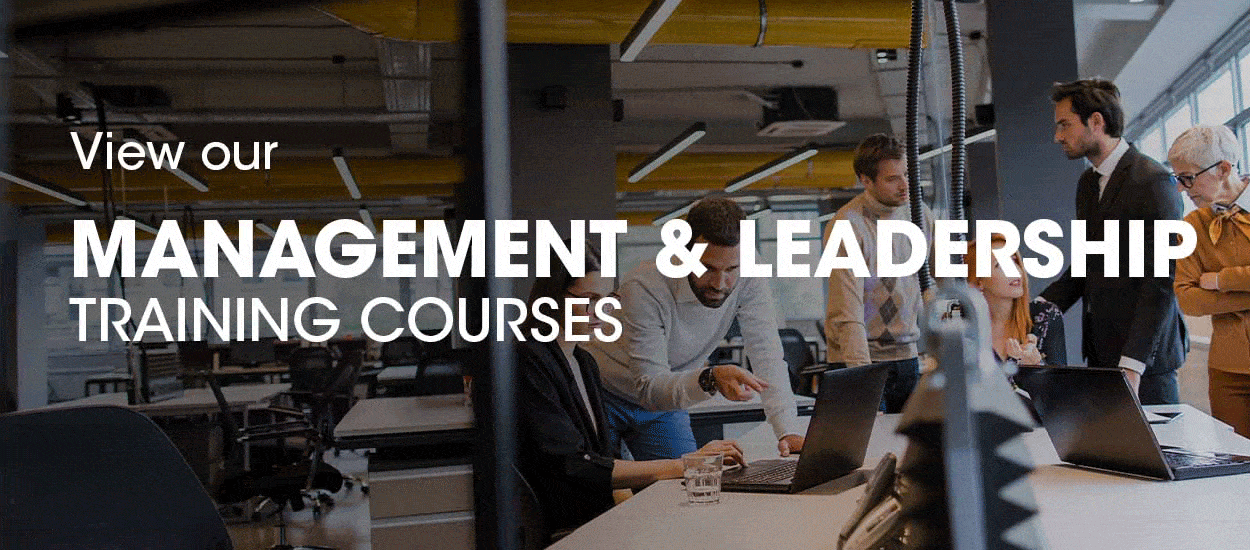
Importance Of Effective Office Management In Business Success
4 mins readRunning a business is no small feat, especially when it involves managing workflows, keeping employees satisfied, and maintaining profitability. For every successful small business or thriving startup, there’s a backbone that often goes unnoticed—effective office management. Office management can be the pivotal force that ensures smooth operations and steers a company toward its goals.
If you’re a small business owner, office manager, or entrepreneur, recognizing its importance can unlock greater productivity, happier employees, and improved efficiency. This blog explores why office management is so critical to business success and provides actionable advice to make it work for your organization.
– Explore Our: Administration and Support Training Courses
The Role of Office Management in Business
Office management encompasses a broad spectrum of activities aimed at ensuring your business runs like a well-oiled machine. From coordinating daily operations to strategizing long-term organizational goals, effective office management touches every part of a business.
What is Office Management?
Office management involves planning, organizing, and overseeing office activities, ensuring that workflows are efficient and resources are optimized. It’s not just clerical—modern office management is a critical organizational function that balances business priorities, team dynamics, and operational execution.
Why is it Important?
Effective office management directly impacts:
- Productivity – Streamlining processes ensures tasks are completed more efficiently.
- Efficiency – Better resource allocation reduces waste, both in terms of time and money.
- Organizational Success – By connecting interdepartmental workflows, office management aligns everyone toward shared business goals.
Whether it’s managing schedules, delegating tasks, or fostering communication, office management sets the stage for success in any business.
Key Principles of Effective Office Management
Achieving effective office management requires understanding and implementing these key principles:
1. Planning and Organizing Workflows
Well-organized workflows ensure that projects and tasks move seamlessly from one stage to the next. Leverage tools like Trello or Monday.com to assign tasks, set deadlines, and track progress. This level of planning reduces redundancies and keeps everyone on track.
2. Time Management and Prioritization
Successful office managers always have a bird’s-eye view of what needs urgent attention. Use time management frameworks such as the Eisenhower Matrix to distinguish between important and urgent tasks. Encourage your team to adopt time-blocking techniques to maximize focus and efficiency.
3. Communication and Team Collaboration
Effective communication fosters a culture of clarity and collaboration. Use channels like Slack or Microsoft Teams to streamline internal communications and ensure everyone is on the same page. Scheduling regular team check-ins and one-on-one meetings also keeps lines of communication open.
4. Utilization of Technology and Automation
Modern technology plays a key role in reducing manual tasks and streamlining operations. Automating repetitive activities like invoicing, payroll processing, and email correspondence can save hours of work weekly, giving your team more time to focus on strategic tasks.
5. Budgeting and Resource Management
Financial discipline is an underappreciated aspect of office management. From controlling overhead costs to allocating resources effectively, a keen eye on the budget ensures long-term sustainability.
Common Challenges in Office Management
Even with the best intentions, office management is rarely problem-free. Here are some common challenges and strategies to overcome them:
Challenge 1: Poor Communication
Miscommunication can lead to missed deadlines, lack of clarity in tasks, and interpersonal conflicts. To address this, establish clear protocols for communication and ensure all employees are trained on collaboration tools.
Challenge 2: Lack of Organization
Disorganized workflows can lead to chaos. Tackle this by creating a structured approach to office tasks using project management tools and weekly planning meetings.
Challenge 3: Overworked Employees
Overburdened teams experience burnout, which reduces productivity and increases turnover rates. Managers can use workload balancing tools and transparent task allocation to distribute work equitably.
Benefits of Effective Office Management
When done right, effective office management has numerous advantages, including:
1. Improved Productivity and Efficiency
By eliminating bottlenecks and creating a streamlined work environment, businesses can ensure projects move forward smoothly and at a faster pace.
2. Enhanced Employee Satisfaction and Retention
A well-organized workplace creates less stress for employees, leading to higher job satisfaction and lower turnover.
3. Better Financial Management and Cost Savings
Efficient budget tracking prevents overspending while optimizing resource use, saving costs in the long run.
Tips for Implementing Effective Office Management
Not sure where to start? Follow these actionable steps to begin improving your office management today:
- Create an Office Manual – Document workflows, policies, and procedures to maintain consistency.
- Invest in Tools – Adopt digital platforms to tackle inefficiencies (e.g., calendar tools like Google Calendar or expense management systems like Expensify).
- Provide Training – Conduct regular training sessions to empower your team and ensure they feel supported at work.
- Solicit Employee Feedback – Ask your staff for input on areas of improvement and involve them in problem-solving processes.
- Measure Success – Define key performance indicators (KPIs) for office management and evaluate them regularly.
Checklist for Success:
- Is your team communicating effectively?
- Are you using tools to track and automate tasks?
- Have you allocated tasks and resources optimally?
- Are your processes documented and easy to follow?
Effective Office Management is the Secret Ingredient
Effective office management is more than just organizing desks and schedules—it’s about creating an environment where people and processes align to achieve shared goals. Businesses that prioritize their management strategies reap the rewards of higher productivity, better employee engagement, and sustainable growth.
Are you ready to optimize your office management practices? Start implementing these tips today, and don’t forget to share this blog post to help other small business owners and office managers elevate their operations. Together, we can all achieve more!





